- Kills acne-causing bacteria – It helps stop the bacteria that cause pimples.
- Removes dead skin cells – It clears clogged pores, preventing new breakouts.
- Reduces excess oil – It helps control oil, which can lead to acne.
- Start with a low concentration (2.5% or 5%) to avoid irritation.
- Apply a thin layer on clean, dry skin once or twice a day.
- Use moisturizer to prevent dryness.
- Wear sunscreen, as benzoyl peroxide can make your skin sensitive to the sun.
- Dryness and peeling skin
- Redness or irritation
- Slight burning or itching
- Bleaching of hair or fabric (be careful with towels and clothing)
- People with very sensitive skin or allergies to benzoyl peroxide.
- Those using other strong acne treatments like retinoids (consult a doctor).
- If you experience severe irritation or an allergic reaction, stop using it and see a doctor.
What is Benzoyl Peroxide?
Benzoyl peroxide is a common ingredient used to treat acne. It helps reduce pimples, blackheads, and whiteheads by killing bacteria, removing excess oil, and clearing clogged pores. It is available in different forms, such as creams, gels, face washes, and spot treatments.
How Does It Work?
Benzoyl peroxide fights acne in three main ways:
How to Use Benzoyl Peroxide?
Benefits of Benzoyl Peroxide
Effective against acne – Works well on mild to moderate acne.
Fast results – Many people see improvements in a few weeks.
Reduces inflammation – Helps with red, swollen pimples.
Available over the counter – No prescription is needed.
Possible Side Effects
Some people may experience:
If irritation is too strong, use it less often or try a lower strength.
Who Should Not Use Benzoyl Peroxide?
Conclusion
Benzoyl peroxide is a trusted and effective treatment for acne. It helps clear pimples, reduces bacteria, and keeps pores clean. However, it can cause dryness and irritation, so it’s important to start slowly and moisturize well. If you’re unsure, talk to a dermatologist for the best advice.

 Cart is empty
Cart is empty 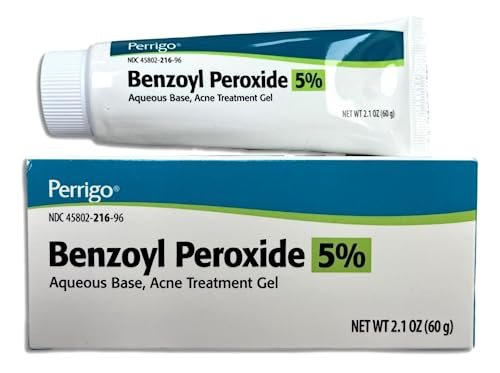
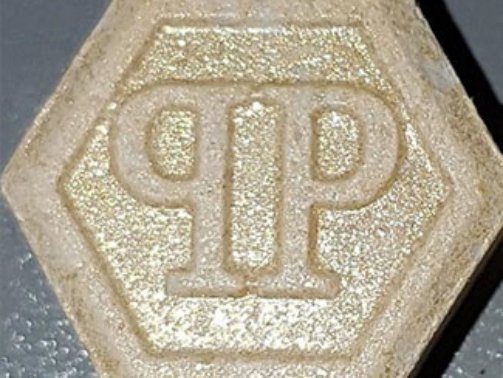
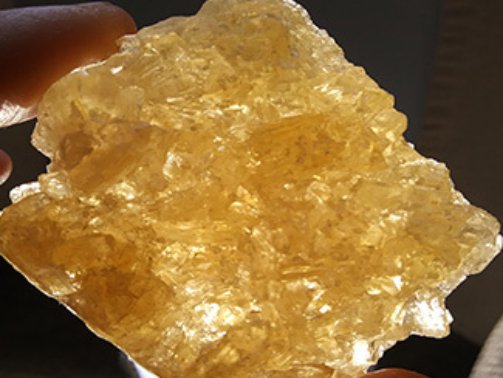
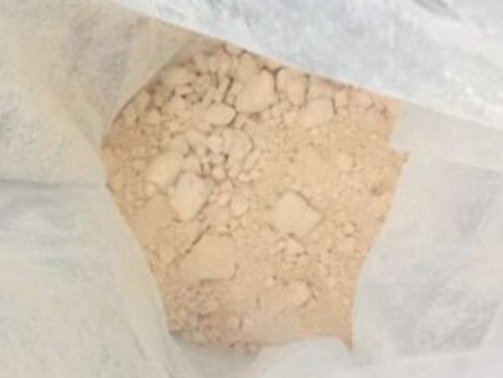
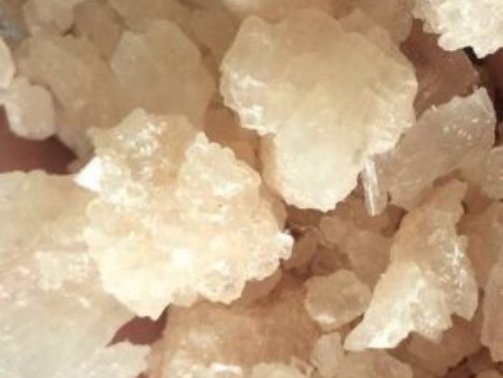


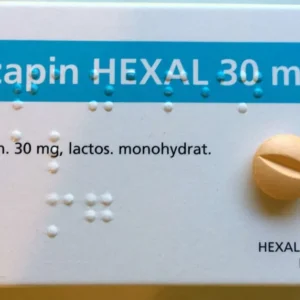
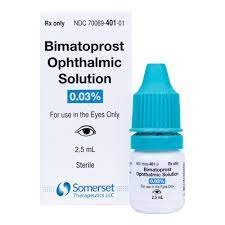
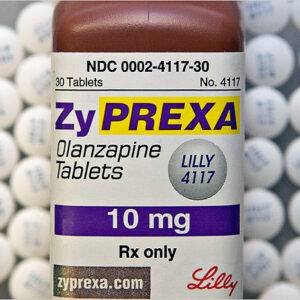
Reviews
There are no reviews yet.